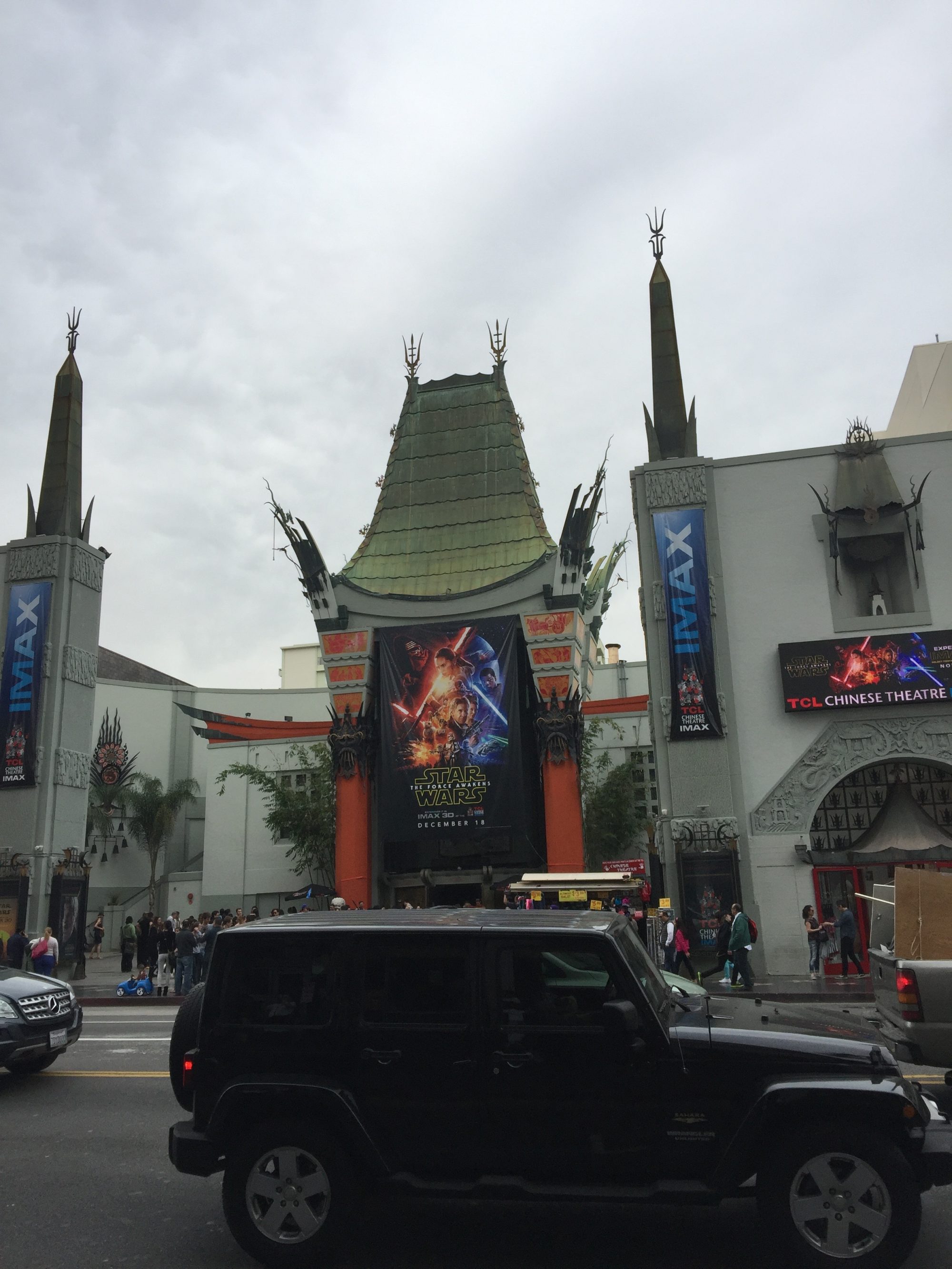My research has been inspired by my own cross-border academic journey from Nepal to the US, which has been characterized by frequent intercultural, inter-linguistic and inter-academic adaptations. From my experience of schooling and teaching in multiple academic sites (Itahari and Kathmandu, Nepal; Louisiana and New York, USA) and in multiple academic systems (British and American), to my reading and research into diverse but closely interconnected fields of new media, globalization, World Englishes, intercultural communication, literacy studies, and media studies, I gained the insights that there are plural forms of academic writing, that there are multiple ways of organizing ideas in academic writing, that there are multiple forms of old and new media writing, that writing is done in multiple languages and English varieties, that writing now is done in multiple media and modes, and that writing now crosses borders and cultures like never before. My experience as a student and a writing teacher at multiple sites also reaffirmed the fact that there needs to be a more responsive approach to teach writing to a diverse body of students. My dissertation was born in response to this need of exploring one such approach to teaching writing.
I have presented the results of my dissertation study in a number of conferences, including Conference on College Composition and Communication and Rhetoric Society of America. I have also developed two articles from chapter three and four of my dissertation and are under consideration for publication in two national journals of rhetoric and composition. Even prior to my dissertation work, I researched issues in language, literacy, and teaching and presented the findings in national and international conferences. A few of such pieces have also been published in professional journals and edited collections. I have covered such diverse—and yet interconnected—areas as English as a Second Language and World Englishes; writing instruction around the world as well as stylistic and discursive conventions across spaces and cultures; transnational compositionists and their research methods; cultural, linguistic and literacy traditions of diverse student and professional writers; grant writing conventions across cultures; intercultural communication dynamics; and private and public spheres in the context of web 2.0 technologies.
As I work on to publishing my dissertation research in journals and finally as a monograph, my future research will expand upon it. I will immediately extend my experiment with what I call multiliterate composition pedagogy to diverse classrooms in new sites and different academic levels. I will also design professional development seminars in order to train other faculty members interested in taking up this approach to teaching writing. I will interview them and their students, observe their classrooms, and collect relevant data including their curricular and pedagogical artifacts, and analyze them to get to some conclusion of the effectiveness of this approach in their classrooms.
Another potential area of my research will be curricular and pedagogical re-imagination of undergraduate and graduate curricula. Since our nation’s rhetoric and composition graduate programs train future teachers for most of undergraduate writing classes, these programs need to incorporate into their curricula the issues and areas of studies like globalization; inter and intra-cultural communication; academic writing conventions across places and cultures; multilingualism and World Englishes; media and technology development and their impact on composition, communication or literacy practices; cross-cultural variation in communication genres; and students’ literacy practices inside and outside the academy. Such a curriculum may begin to help the field recognize/legitimize different discourse conventions and expression patterns, as well as composition styles that today’s students draw from in their composition practices. This revamping of existing graduate curricula also help make them relevant to the times and also prepare their graduates to take up challenges of a diverse classroom when they join the workforce. Therefore, my future work will involve review and re-design of curriculum at graduate and undergraduate levels, their implementation and monitoring, and their evaluation through data collection and analysis. The findings from the study will inform strategies and policies to further globalize curricula and pedagogies. At the same time, I will also continue my research into the composition practices across cultures and spaces to enact and demonstrate the complex ways writing in English is emerging today.
